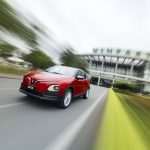During the Covid-19 pandemic, car prices in the U.S. have been steadily increasing, leading to customer dissatisfaction. However, the situation has now improved, with car manufacturers producing enough vehicles to meet the demand, resulting in stabilized prices and a boost in consumer sentiment.
According to a study by research company J.D. Power, price and supply are the two main factors influencing customer satisfaction in the U.S. market. The company’s 2023 U.S. customer satisfaction index indicates that compared to previous years, customers are now more satisfied with the range of options available at dealerships nationwide. This can be attributed to an increase in supply, which allows customers to purchase new vehicles at prices lower than the manufacturer’s suggested retail price.
However, it’s important to note that car prices in the U.S. have not yet returned to pre-Covid-19 levels, and as a result, customer satisfaction has not fully recovered to the level seen three years ago.
According to J.D. Power’s latest research, in the mainstream car segment, Buick ranks highest in customer satisfaction in 2023 with a score of 824. This marks the second consecutive year that a subsidiary brand of General Motors has topped the mainstream car segment in terms of customer satisfaction. The second and third positions are held by GMC (821 points) and Chevrolet (812 points), both of which are American domestic brands. Meanwhile, Mitsubishi (812 points) and Subaru (808 points) round out the top five.
Other popular mainstream car brands such as Nissan, Mazda, Toyota, Honda, Hyundai, and Kia have relatively lower customer satisfaction scores. Nissan ranks 9th with 799 points, while Mazda is in 11th place with 793 points. Both Toyota and Honda, as well as Hyundai and Kia, have scores below the average for the mainstream segment. Among them, Kia ranks last with 766 points.
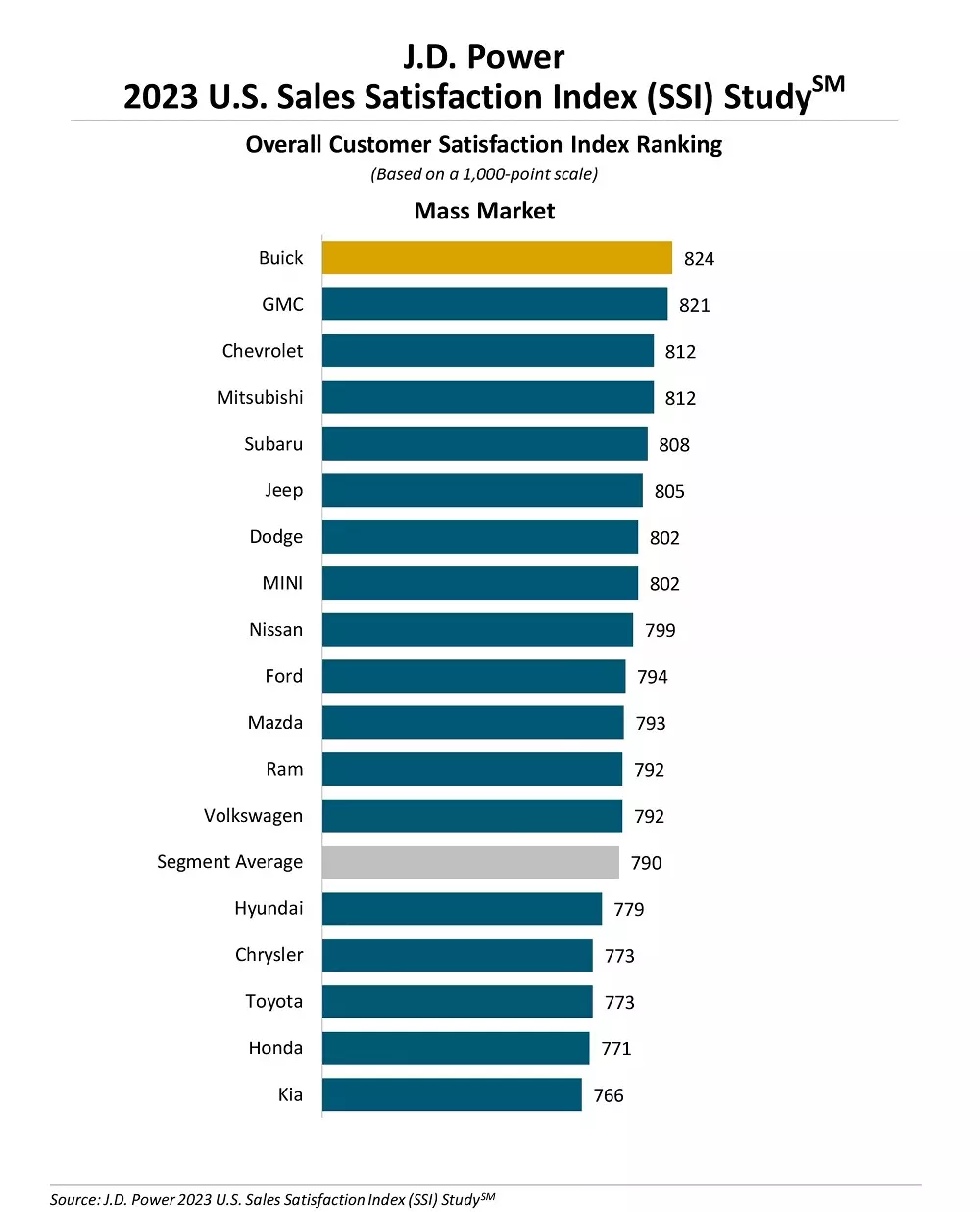
Customer satisfaction index for mainstream car brands
In the luxury segment, Porsche leads the way with the highest customer satisfaction score of 840 out of 1000. Infiniti follows closely behind with 832 points, while Alfa Romeo takes the third spot with a score of 824.
Well-known luxury car brands such as Mercedes-Benz, BMW, Audi, and Lexus have relatively lower rankings. Mercedes-Benz ranks 8th with 816 points, lower than Lincoln, Volvo, Jaguar, and Cadillac. BMW ranks 11th with 813 points, which is equal to the average score for the luxury segment. Meanwhile, both Lexus and Audi fall below the average in terms of customer satisfaction, with scores of 808 and 807 points, respectively.
Genesis, a subsidiary brand of Hyundai Group, ranks last in customer satisfaction in the luxury car segment with 756 points. This indicates that Hyundai’s subsidiary brands have not been able to meet the expectations of many customers in 2023.
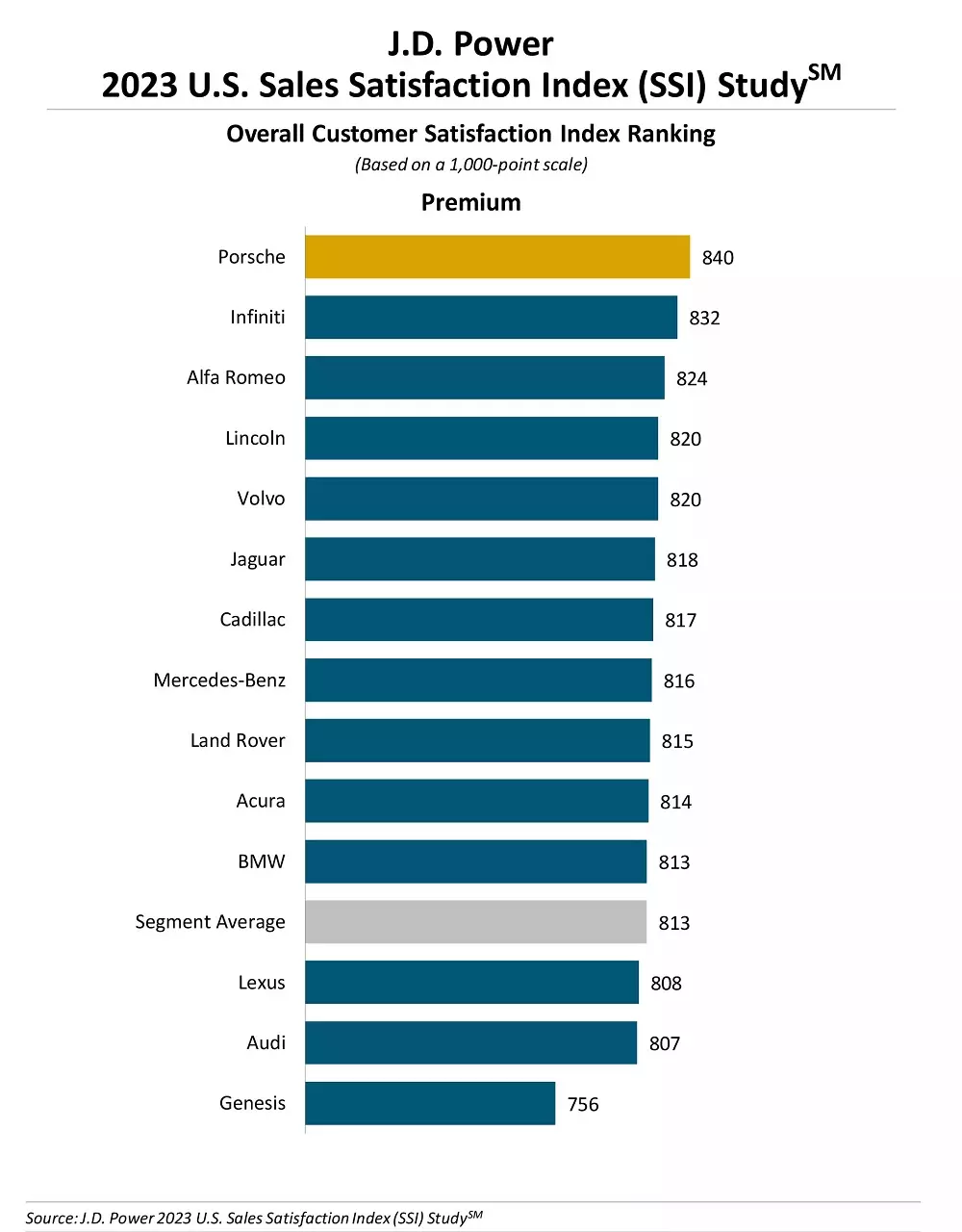
Customer satisfaction index for luxury car brands
Porsche also emerges as the brand with the highest customer satisfaction in the compact car and luxury SUV segments. On the other hand, Chevrolet ranks highest in customer satisfaction for compact cars. In the SUV, minivan, and compact truck segments, GMC stands out as the brand that brings the highest level of customer satisfaction.
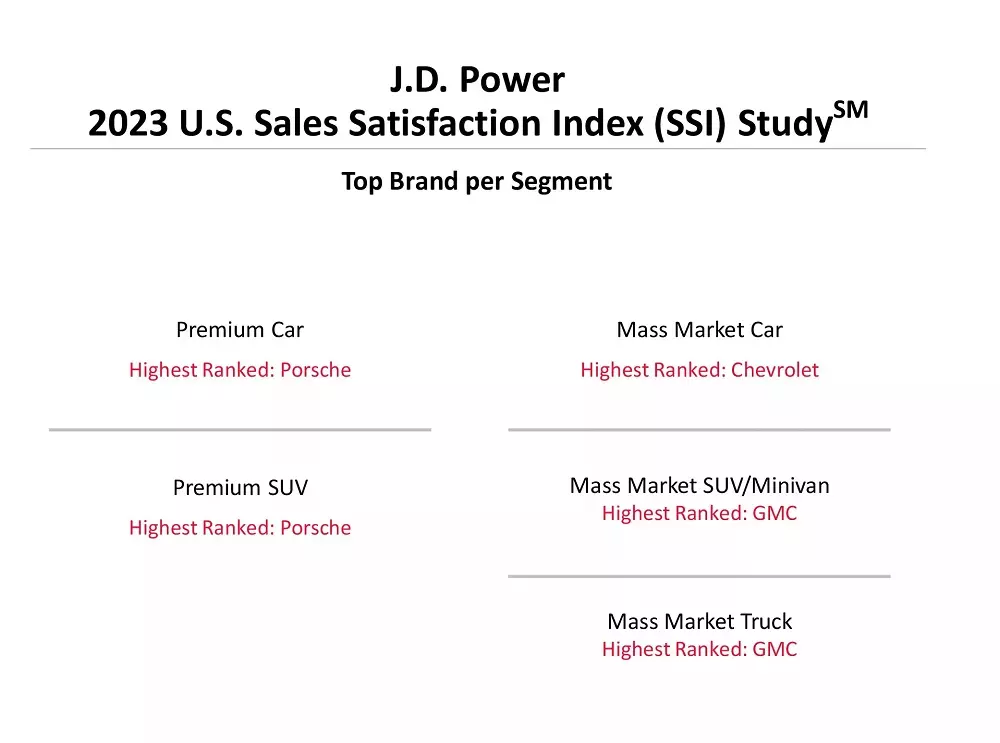
Top customer satisfaction brands in major car segments
Aside from higher prices, electric vehicles also tend to disappoint customers in terms of the purchasing experience. Electric vehicles often come with new technologies that require dealership staff to enhance their knowledge, and customers require additional support when it comes to installing charging systems, understanding charging methods, and becoming familiar with maintenance schedules specific to electric vehicles.






























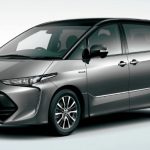
![[Quick Review] Hyundai IONIQ 5 – A Vehicle from the Future](https://vnauto.net/wp-content/uploads/2023/10/xehay-hyundaiioniq5-18052022-2-150x150.jpg)

